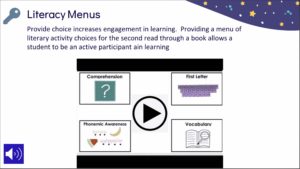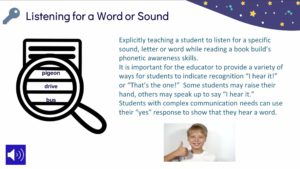Inclusionary Resources Directory
Special Education
Special education in Washington state refers to the education provided to students with disabilities or special needs, as mandated by the Individuals with Disabilities Education Act (IDEA) and the Washington Administrative Code (WAC).
In Washington state, special education services are available to students aged 3 to 21 who have been identified as having a disability and who require specialized instruction to make progress in their education. The state defines “disability” as a physical, mental, or sensory impairment that affects a student’s ability to learn and requires special education and related services to address.
Background Information
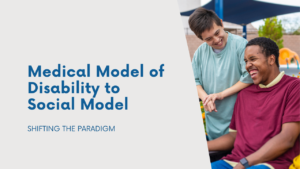
Shifting the Paradigm: Medical Model of Disability to Social Model
Presented by Shelley Moore and Katie Novak, this video advocate for the need to shift our perception of students with a disabilities from the Medical
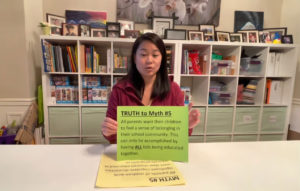
The Importance of Providing Special Education Students Access to General Education Classrooms
In this video a parent discusses the importance of including her son, who receives special education services, in classrooms with general education students. While you
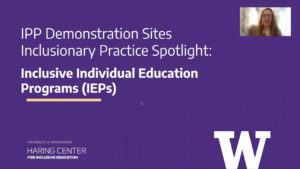
Inclusive IEP Tip Sheet Video
Learn about best practices for writing and implementing IEPs in schools. This video specifically focuses on the basics of IEPs, how to develop a quality

Accommodations and Modification Collaboration Tools and Tips for Students with Disabilities
Everyday students with disabilities in Washington are supported by general education and special education teachers to provide an the most inclusive and least restrictive learning environment. One part of
Co-Teaching
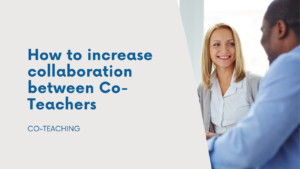
How to increase collaboration between Co-Teachers
Presented by Shelley Moore and Katie Novak, this video talks about some strategies to potentially increase collaboration between special and general education teachers. Watch the
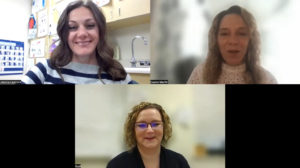
Interview of collaboration between general educator and para educator in an inclusive classroom.
In this video, fourth-grade teacher Suzie Carter and paraprofessional Jessica Laycock from Mark Twain Elementary School in the Lake Washington School District discuss their collaboration
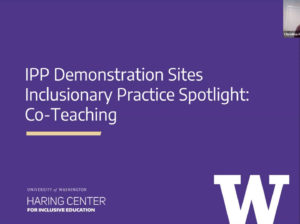
Co-Teaching Tip Sheet Video
Learn about the inclusionary practice of co-teaching in classrooms. This video covers (1) basics of co-teaching, (2) the six models of co-teaching, (3) why co-teaching
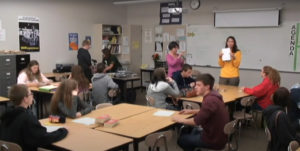
Co-teaching at Evergreen High School
Learn about how Evergreen High School is implementing co-teaching among general education and special education teachers to provide students with inclusive learning environments. This video
Families

5 Steps to Great Family Communication
In special education, facilitating meaningful communication with families is one of our top job priorities. After my 1st year teaching in elementary special education, I’ve

Disability Teaches Us: Meaningful Inclusion Series
Families have an opportunity to learn about how children with disabilities can be included meaningfully and successfully in classrooms with their non-disabled peers. A three-part
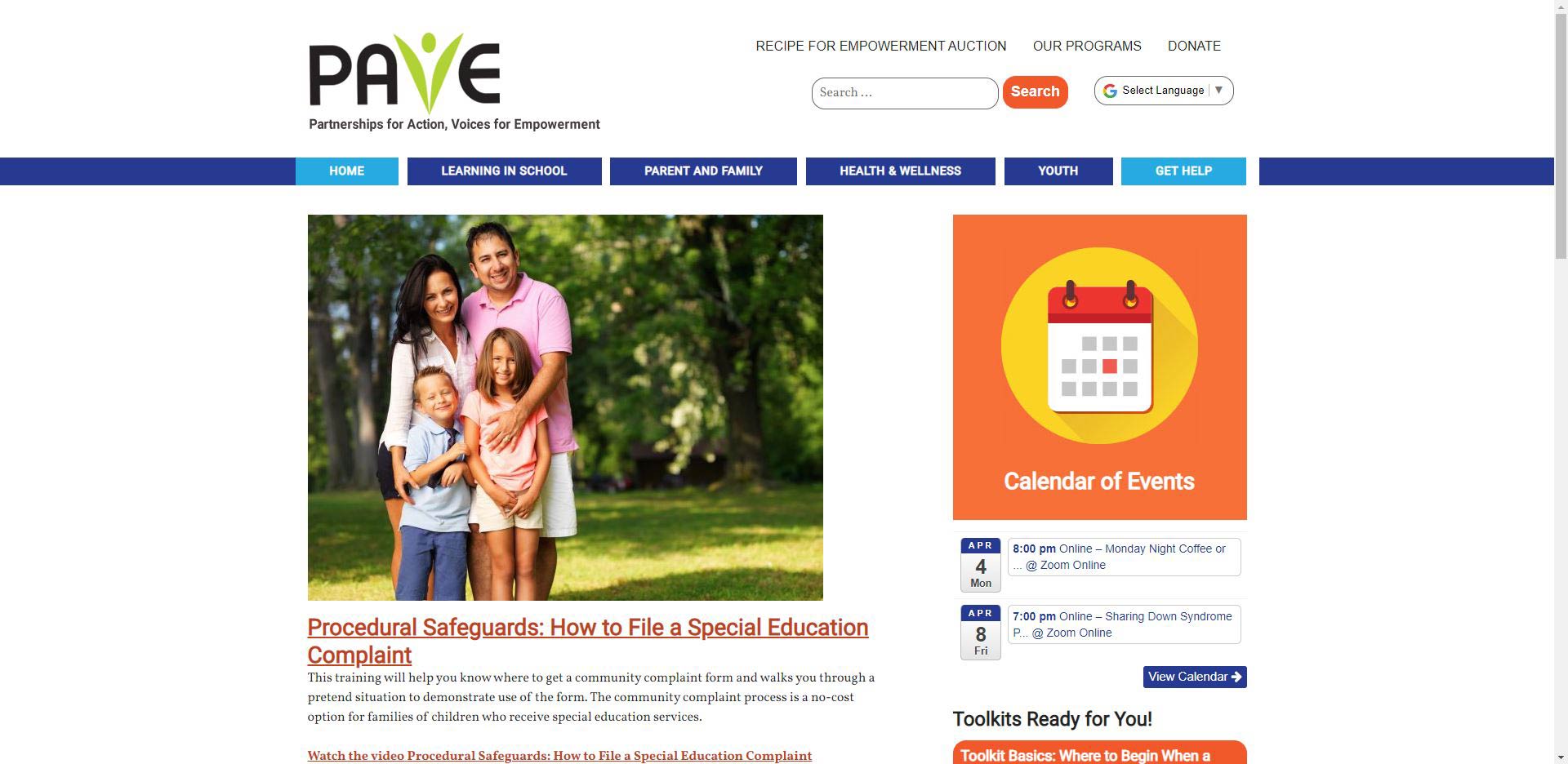
PAVE (Partnerships for Action, Voices for Empowerment) Website Walkthrough Video
Learn about the PAVE (Partnerships for Action, Voices for Empowerment) organization and how to interact with their website. In this video, Jen Chong Jewell describes
Transition

Recommendations to High School Teachers as Students with Intellectual and Developmental Disabilities Transition to Higher Education
The Higher Education Opportunity Act (HEOA, 2008) was enacted by the Senate and House of Representatives of the United States of America in Congress in

Strategies for Supporting People with Disabilities in the Workplace
Engaging in meaningful employment allows individuals to support themselves and live independently. People with intellectual and developmental disabilities (IDD) report that working is a significant
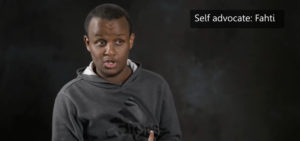
What is Transition & Person-Centered Planning? Making Own Decisions
This video provides an overview of Transition and Person-Centered Planning for families of the youth with disabilities. This video was created by Open Doors for
Peer Mentors
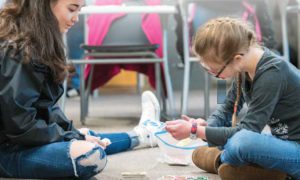
Peer Mentors Changing The Culture of Schools
How We Increase Inclusion and Acceptance All I wanted in my middle school years was to be heard and accepted for just being me. I
Literacy
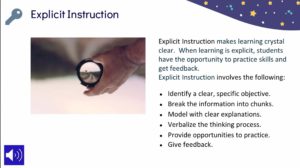
Universal Strategies Literacy – Explicit Instruction
The video emphasizes the importance of explicit instruction and how it can help make learning crystal clear for students. Explicit instruction should include what students
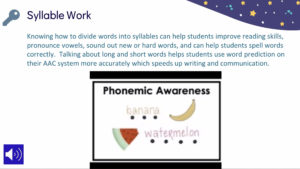
Syllable Work
The video emphasizes the importance of phonemic awareness and syllable work for expanding the vocabulary of children with communication disabilities. The presenter suggests using tools
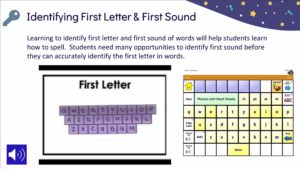
Universal Strategies Literacy – Identifying First Letter & First Sound
The video emphasizes the importance of teaching students to identify first sounds before accurately using first letters to spell. Students can learn more by experiencing
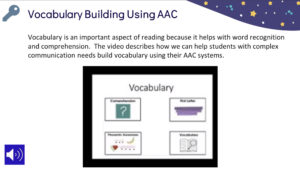
Universal Strategies for Literacy – Vocabulary
The video explains a strategy to expand vocabulary using books for those using AAC. The activity choice board can be used to find words from
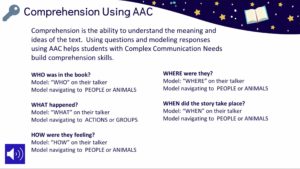
Universal Strategies for Literacy – Comprehension
This video discusses the importance of comprehension in demonstrating an understanding of what is being read or said. The speaker suggests that before students can
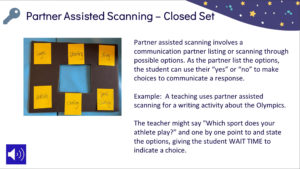
Foundational Strategies for Literacy – Partner Assisted Scanning
This video discusses the concept of Partner Assisted Scanning, which involves a partner either verbalizing options or using a switch to run through each choice.
Myth & Misunderstanding
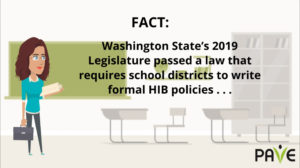
Myths and Misunderstanding in Special Education Bullying
This segment describes myths and misunderstandings some people might experience when navigating school-based services for students with disabilities. These topics apply to students with Individualized
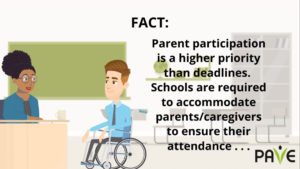
Myth and Misunderstanding in Special Ed Parent Participation
This segment describes myths and misunderstandings some people might experience when navigating school-based services for students with disabilities. These topics apply to students with Individualized
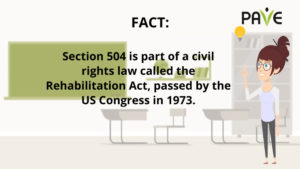
Myth and Misunderstanding in Special Ed Section 504
This segment describes myths and misunderstandings some people might experience when navigating school-based services for students with disabilities. These topics apply to students with Individualized
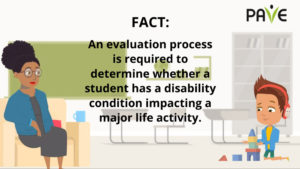
Myth and Misunderstanding in Special Ed Evaluation
This segment describes myths and misunderstandings some people might experience when navigating school-based services for students with disabilities. These topics apply to students with Individualized
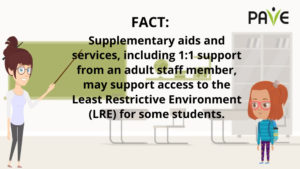
Myth and Misunderstanding in Special Ed Adult Aids at School
This segment describes myths and misunderstandings some people might experience when navigating school-based services for students with disabilities. These topics apply to students with Individualized
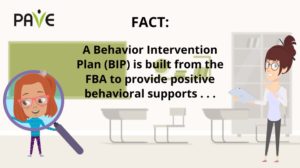
Myth and Misunderstanding in Special Ed Behavior
This segment describes myths and misunderstandings some people might experience when navigating school-based services for students with disabilities. These topics apply to students with Individualized
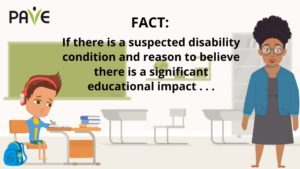
Myth and Misunderstanding in Special Ed Medical Diagnosis
This segment describes myths and misunderstandings some people might experience when navigating school-based services for students with disabilities. These topics apply to students with Individualized
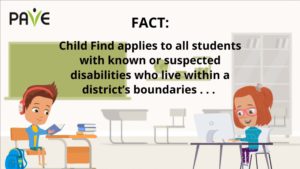
Myth and Misunderstanding in Special Ed Private School and Home School
This segment describes myths and misunderstandings some people might experience when navigating school-based services for students with disabilities. These topics apply to students with Individualized

